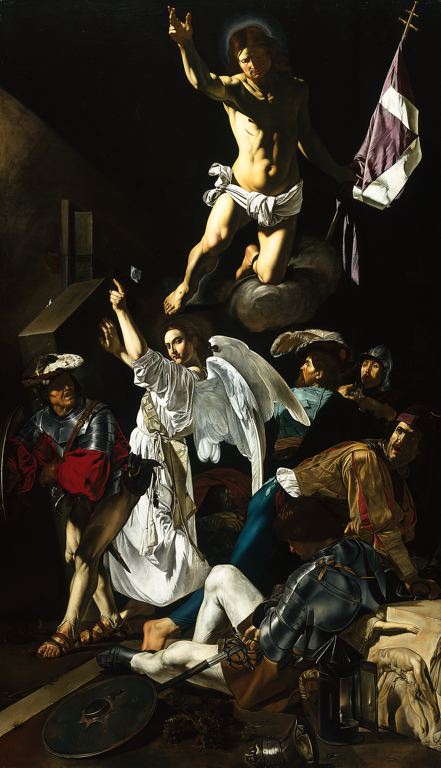by Matthew Raley For American evangelicals, the resurrection of Jesus Christ seems to have become a tall tale. We retell the story with gusto, but by Easter afternoon the resurrection fades to legend.
Evangelicals historically saw Christ's rising from the dead as the volcanic core of the Christian life. He conquered death not just by rising, but also by pouring his life into his followers. To a person was hostile to God, the essence of spiritual death, Christ restored love. He replaced rebellion with willing obedience. Christ's presence was the hot energy that transformed a believer's motivations.
In other words, evangelicals used to emphasize Jesus's teaching in the Bible about the new birth, that human beings must have a resurrection of God-loving energy and that nothing else can save us.
In the late 20th century, however, evangelicals' concept of the new birth degenerated. The phrase "born again" came to describe a ticket to heaven, eternal life guaranteed by a single prayer. We focused on getting people to pray that prayer, and with some success. Many got their ticket.
But we had trouble motivating ourselves to spiritual vitality. Those who prayed that prayer -- who in fact prayed it repeatedly, grasping for security with God -- were rarely taught that the new birth radically changed their identities. We generalized about "a relationship with Jesus" as if it were a life-upgrade, a fix for whatever made us unhappy, rather than life itself.
So Christ's resurrection became a mere story.
I meet countless believers who know that Christ's power is not extinct, but who only see glimpses of it. The trivial new birth taught by churches has drained their vitality.
I hear three such trivialized versions of the Christian life.
Many believers describe being born again as a cathartic emotional high, a personal, authentic experience that gives meaning to life. Following Christ to them means striving to recapture the high -- and failing. Their church has taught them existentialism with the name of Jesus attached on a post-it note. No one should be expected to build his life on such sand.
Others see the Christian life as maintaining a good family: striving to be a good wife or husband, striving to keep bad influences out of the home, striving to raise good children -- and failing. These believers have been taught moralism. Week after week in church, they have heard five steps to good communication, seven steps to good time management, and a wearying list of other "practical" suggestions for getting their act together. Christ's role in their spiritual life is to forgive their accumulating sins. And that's his only role.
Still others describe the Christian life as activism. Many older evangelicals strive to recapture America's political system and restore the culture they once knew. Younger evangelicals, reacting against their elders, often strive for progressive causes. But political striving fails too. These believers have been taught different forms of ye olde throne-and-altar religion, that Christ builds his kingdom through governments. Christ role for them is to get the right people in office.
These forms of striving -- existential, moral, and political -- have three things in common. Each replaces Christ with an idol, a totem of sanctified obsessions. Each fails to supply Christ's power, leaving the soul dessicated. And each consigns Christ's resurrection to legend: an inspirational diversion from the cares of life, but not ultimately relevant to our pressing work.
For evangelicals now, the most important thing about Christianity seems to be our responsibility to solve our own problems. Some dress that message up in therapeutic lingo. Others now supplement it with a grab-bag of medieval mystic practices. But it's the same old bad news: "God helps those who help themselves."
Churches must restore the emphasis on genuine power. Christ is risen. In him we also have been made alive.
I notice that discouraged believers still distinguish between the follies of churches and the power of God. In discouragement, they persistently hope in Christ, knowing that his subterranean heat remains fierce even if the ground looks cold.
They should take comfort. Easter is not empty.

